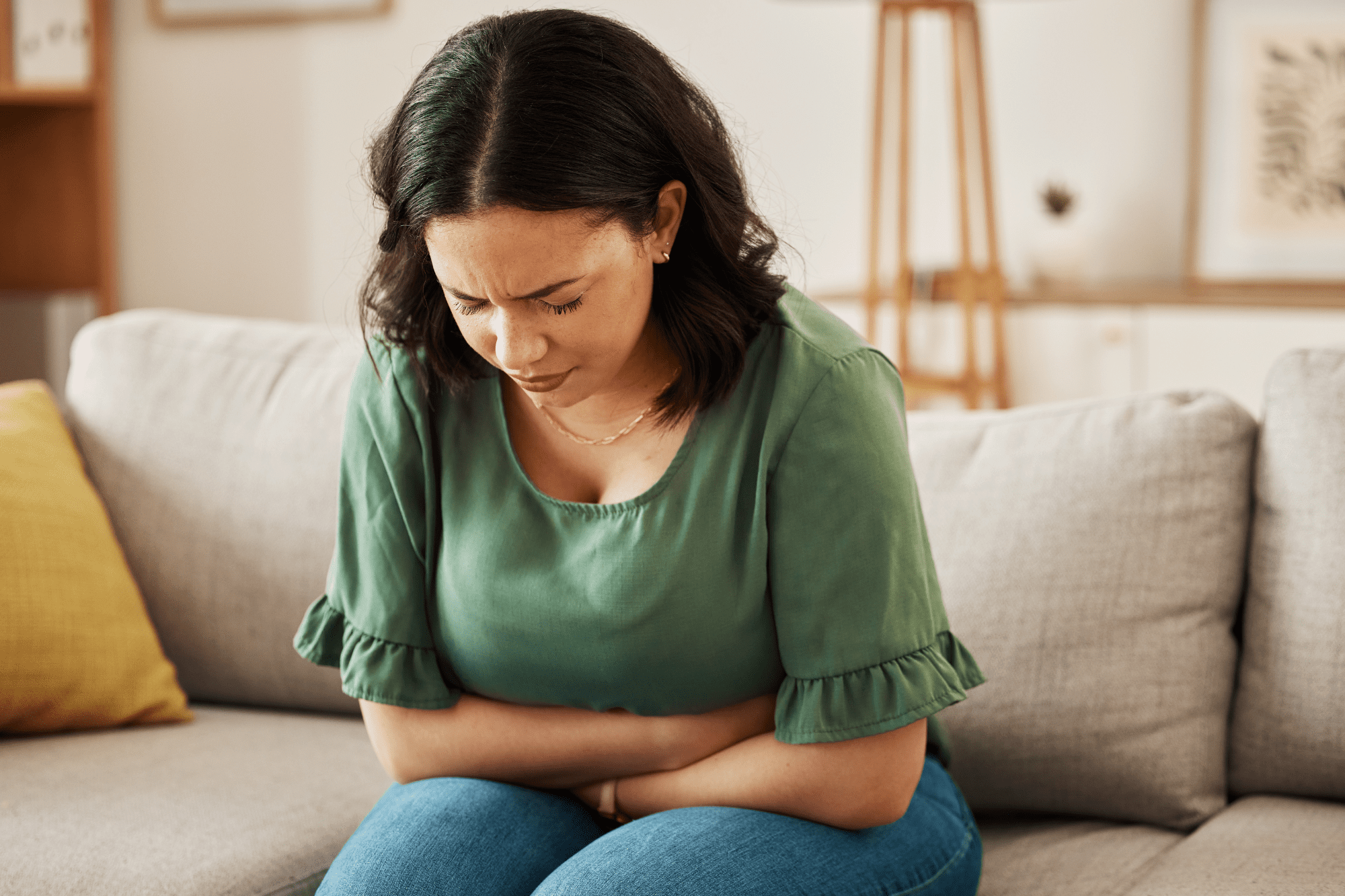According to most movies and TV shows, being pregnant means pickle cravings in the middle of the night and nausea triggered by every strange smell. But what really happens to your body during early pregnancy?
Every woman’s pregnancy is unique, but there are many common experiences, too. We’ll explain these changes to help you understand what is happening in your body and how to spot signs of early pregnancy.
What really happens to your body during early pregnancy?
1. Your hormones change
Hormones affect and control many of your natural body processes. After you become pregnant, your hormones change to help your body support it.
Human chorionic gonadotropin (hCG) hormone is produced by the developing pregnancy. It is often called the “pregnancy hormone” because it is only created when a woman is pregnant. It tells your body to stop menstruating and to thicken the lining of the uterus. This helps support the newly implanted embryo as it grows. If a pregnancy test detects hCG, it will show a positive result.
Two other pregnancy hormones are always present in your body, though their levels change while you’re pregnant. Estrogen helps girls’ bodies mature into women during puberty. Both it and progesterone are also involved in menstruation. During pregnancy, these hormones help your body change to support the embryo. Your body produces higher levels of both, which stops menstruation, prevents ovulation, and nourishes the embryo.
If you experience bleeding and want to keep the pregnancy, a doctor may prescribe progesterone supplements to prevent miscarriage. This treatment may also stop the abortion pill if you change your mind after taking it.

Finally, you will produce human placental lactogen, which provides nutrients and stimulates your milk glands later in pregnancy.
2. Your moods change
Hormones also drive your moods. While you’re pregnant, other factors like stress and fatigue can change your moods, too. Since unplanned pregnancies typically create a lot of stress, you might experience even stronger mood swings than usual.
Pregnancy mood changes often make your anxieties, fears, and doubts stronger. Even women who are excited about their pregnancies have thoughts such as:
- How can I afford to have this baby?
- Will I be a good mom?
- Is having this pregnancy the right thing to do?
- What am I supposed to do next?
Thankfully, these mood swings typically get better after the first trimester. There are also ways to regulate your emotions during early pregnancy.
Getting enough sleep, eating nutritious food, and exercising regularly can help your body naturally regulate your moods. It’s also important to spend time with people who can offer support and encouragement. Even though it feels like a crazy time, make sure you set aside time for things that bring you joy. Hobbies may seem small and unimportant, but they can help you find stability and peace.
Most importantly, don’t make important decisions when your emotions are strong and overwhelming. Instead, gather information about all of your options and find someone to talk to before making your final choice.
3. Your stomach changes

Morning sickness is a common, but thankfully short-term, pregnancy symptom. Some women will barely feel nauseous, while others may deal with more pronounced sickness. This side effect typically fades after about nine weeks as your body adjusts to the higher levels of hormones.
Though it’s called “morning” sickness, you may feel nausea at any time of day. As long as you avoid an empty stomach, stay hydrated, and eat bland, high-fat foods, you should be able to minimize your nausea. Staying away from strong smells or tastes until you’ve passed the first trimester can also help.
4. Your breasts change
Women don’t produce breast milk until later in pregnancy, but this process starts soon after it begins. You may notice that your breasts grow larger and become tender or sensitive. Any discomfort should fade within a few weeks. As your body adjusts to being pregnant, your nipples may change as well.
5. Your hair and skin change
Many women experience the “pregnancy glow.” This is one of the best effects of high hormone levels. When you’re pregnant, your body increases blood flow to support the embryo. This, combined with more active skin glands, can give your face a “glow.” Additionally, pregnancy often causes thicker, shinier hair and stronger nails, a welcome change for many women.

Learn what to expect from your early pregnancy at Thrive Orlando
Every woman deals with questions and anxiety during pregnancy. At Thrive Orlando, we offer services that will help you understand your pregnancy and next steps. Our nurses and patient advocates can also answer all of your questions so you feel confident about your health and pregnancy options.
Find answers and peace of mind today.

